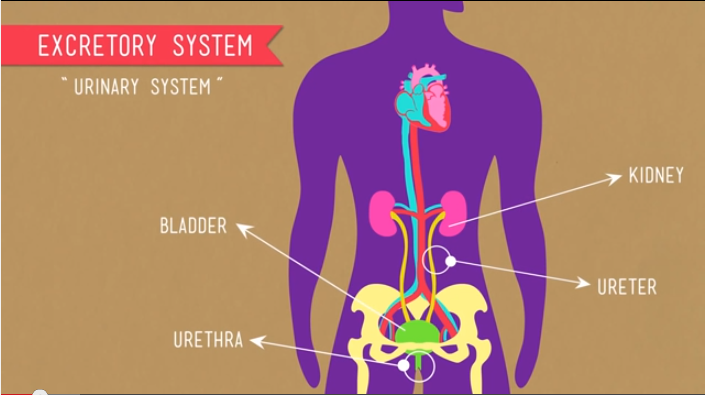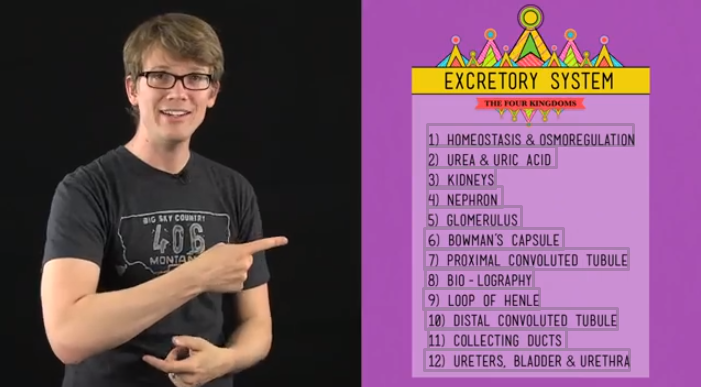Unit 1: Life Science
Chapter 3: Human Body Systems
|
Lesson 1: The Human Body
Lesson Summary: Your body's organ systems enable it to carry out life processes. Each organ system has a specific structure and function. Your organ transport systems move materials throughout your body. Fizzy's Lunch Lab |
Vocabulary
Resources textbook link |
|
Lesson 2: The Digestive System
|
Vocabulary
|
|
The Respiratory System
Lesson Summary:
The digestive system includes the mouth, esophagus, stomach, small intestine, large intestine, and colon. Digestion breaks down food into smaller pieces your body can use. It begins in the mouth. Chemical breakdown of food occurs in the stomach. Absorption takes place in the small intestine. Water and minerals are removed from undigested food in the large intestine. |
Vocabulary
|
|
The Circulatory System
Lesson Summary: Materials needed by the body are carried in blood, which is pumped through the body by the heart. The circulatory system is a transport system. It consists of the heart, blood vessels, and blood. Blood is made up of red blood cells, plasma, white blood cells, and platelets. The circulatory and the respiratory systems work together to transport
oxygen to your cells and carbon dioxide out of your cells. |
Vocabulary
|
|
The Excretory System
Lesson Summary: The liver and the kidneys remove waste from the blood and produce urine, which is stored in the bladder.
How the excretory system works. |
Vocabulary
|


